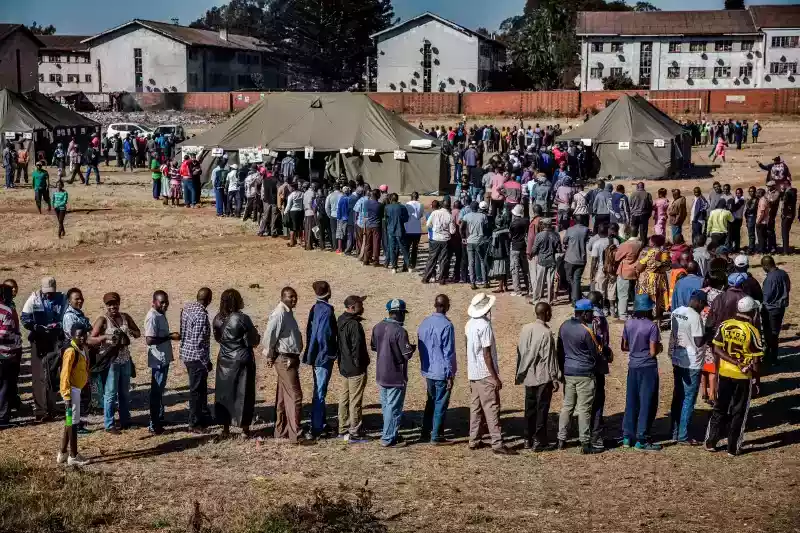
As the battle to demolish Gweru’s landmark Boggie’s Clock tower reached fever-pitch, the Zimbabwe Broadcasting Corporation, on September 18 1980, reported that if the structure was destroyed, “visitors would get lost, not knowing whether they were in Gweru.”
Situated at the intersection of Main Street and Robert Mugabe Way, the clock tower was erected in 1937 by Jeanie, the widow of Major William James Boggie in memory of her late husband.
The major, who was once the MP for the Midlands area in the Rhodesian parliament, is best remembered for having put forward the original Bill of Legislation for the establishment of Hwange Game Reserve.
The foreign currency earner is now sanctuary to one of Africa’s largest wildlife herd.
Described by the late estate agent Trevor Dollar in records kept at the former Kamuzu Banda cell-turned repository at the Old Prison Complex National Archives in the Midlands capital as “one of our funny people”, Jeannie was an outspoken person who once took on a full army, the Rhodesian Air Force to be exact, and lambasted them for the low flying of aircraft at Thornhill Airbase.
She complained that her cattle at nearby Craigiever Farm were no longer producing milk because of the noise the planes emitted.
During construction of the structure, Jeannie, who did not want to visit other washrooms in town, had an underground toilet built a stone’s throw away from the tower.
Today, Joseph Phiri of Psywebb Enterprises is renting the facility from the local authority as pay-toilets.
- Chamisa under fire over US$120K donation
- Mavhunga puts DeMbare into Chibuku quarterfinals
- Pension funds bet on Cabora Bassa oilfields
- Councils defy govt fire tender directive
Keep Reading
The using of the Clock Tower as a target by cadet pilots from the Moffat School of Bombing and Gunnery was the matchstick that led to the bonfire: “Jeannie versus the Army Round Two”.
The army academy was located at the site of the present day Bata Shoe Company.
As the time ticked on, residents at the nearby Midlands Hotel, formerly Horseshoe Hotel, complained that the clock, which loudly rung eleven times at 2300hrs and twelve times at midnight was disturbing their peace.
The expensive London-imported clock had the Westminster chimes silenced for good by the local authority.
Traffic accidents later became the order of the day but the councillors ruled that they had been the result of negligence and drunkenness on the part of the drivers.
However, heavy vehicles were rerouted to Lobengula Avenue, the next street.
At the attainment of Independence the city fathers felt offended by inscription on panels attached to the structure and suggested that the tower be pulled down.
However, words relating to the colonial past were replaced and the clock is still ticking on and the monument standing 60-feet tall.
Three street names and an old people’s home named after them are enough to see to it that Gweru does not forget the Boggies.
If you happen to be close to the Boggie’s Clock tower at dawn and you see a bespectacled old man in slacks and sneakers coming out of the structure’s small door, do not panic that will be director of engineering services Jones Nanthambwe correcting the time on his daily Southdown-to-town jog.











